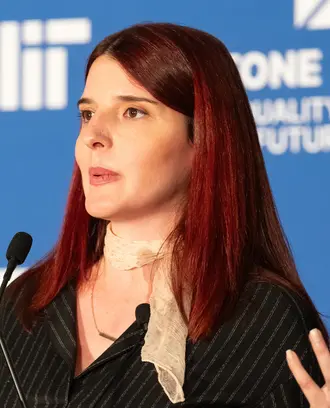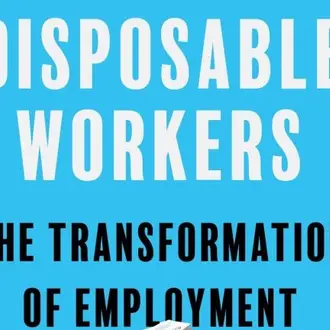Can companies boost productivity and innovation by designing higher-quality jobs? How can organizations reorganize work to make the best use of new technologies?
Those are questions at the heart of a new MIT Sloan course for MBA students and other MIT graduate students that will be offered for the first time in spring 2026. Taught by Ben Armstrong, Director of the MIT Industrial Performance Center, the half-semester Action Learning course, “15.679 Work Lab: Building Better Jobs” will teach students to model, evaluate, and redesign work systems that enhance competitive performance while improving worker well-being.
Working directly with employers and workforce development organizations in the New England region, students will analyze cutting-edge approaches to work organization and examine how job roles are evolving in an era of rapid technological change. By focusing on specific technologies and work roles, students will learn to navigate how to manage role reconfiguration in the face of well-worn processes and organizational hurdles. Through field observation, interviews, and data analysis, students will study how firms are transforming their workforce practices.
The class will provide students with opportunities for learning about complex industrial environments where new technologies are affecting the ways that frontline workers do their jobs. Lessons from the field will be particularly relevant to future operations leaders, consultants, or anyone building people-focused businesses.
Armstrong is the Executive Director and a Research Scientist at the MIT Industrial Performance Center, where he co-leads the Work of the Future initiative; he is also affiliated with the MIT Institute for Work and Employment Research (IWER). Armstrong’s research examines how workers, firms, and regions adapt to technological change. His current projects include a working group on generative AI and its impact on jobs, as well as a book on American manufacturing competitiveness.
Richard M. Locke, the John C Head III Dean at the MIT Sloan School of Management, will serve as an advisor to Work Lab. In addition, Erin L. Kelly and Barbara Dyer will serve as mentors in the course. Kelly is the Sloan Distinguished Professor of Work and Organization Studies at MIT Sloan and Co-Director of the MIT Institute for Work and Employment Research (IWER), where Dyer is a Research Affiliate.
Key learning objectives for “Work Lab: Building Better Jobs” include :
- Understanding workforce challenges facing employers and their potential impact on short-term and long-term business performance.
- Identifying evidence-based interventions for employers to improve job quality, particularly for frontline workers in industrial settings.
- Modeling the relationship between tasks and skills in industrial jobs to identify opportunities for automation and work redesign.
Interested in learning more about the class? Visit the Work Lab section of the MIT Sloan Action Learning webpages.



